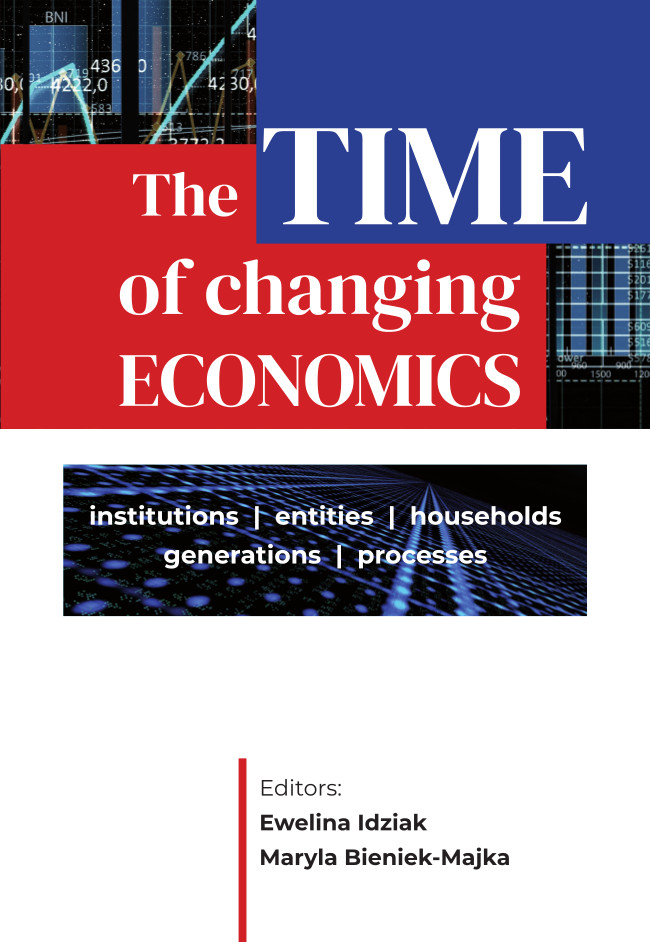Opis
The global economic landscape is in a state of constant flux, driven by complex interactions among institutions, entities, households, generations, and processes. This book, “The Time of Changing Economics – Institutions, Entities, Households, Generations, Processes,” offers a comprehensive exploration of these dynamics, aiming to provide a nuanced understanding of how economic realities are shifting across various dimensions. This monograph delves into these multifaceted issues through an examination of two interconnected themes: Economic Development and Income Dynamics, and Financial Transformation and Risks. The purpose of this book is to analyze and document the evolving nature of economics in the face of both long-standing and emerging challenges. By examining a broad spectrum of factors – from the role of family businesses in local economies to the impact of digital transformation in finance – the book seeks to provide insights that are critical for policymakers, researchers, and practitioners alike. The overarching goal is to contribute to the discourse on sustainable economic development, income dynamics, and financial transformation in rapidly changing environment. The book employs a variety of research methodologies tailored to the specific topics addressed in each chapter. These include qualitative methods, such as in-depth interviews with entrepreneurs, case studies, and thematic analysis, as well as quantitative approaches, including statistical data analysis and comparative studies. The combination of these method allows for a robust examination of the economic phenomena under consideration, ensuring that the findings are grounded in both empirical evidence and theoretical analysis.
The scope of this book is intentionally broad, reflecting the diverse range of economic issues that it addresses. Thematically, the book is divided into two main sections: Economic Development and Income Dynamics, and Financial Transformation and Risks. Each section contains multiple chapters that delve into specific topics, among others such as the financial independence of municipalities, the digita transformation of finance, and the role of family businesses in sustainable development. (the part of Introduction)




